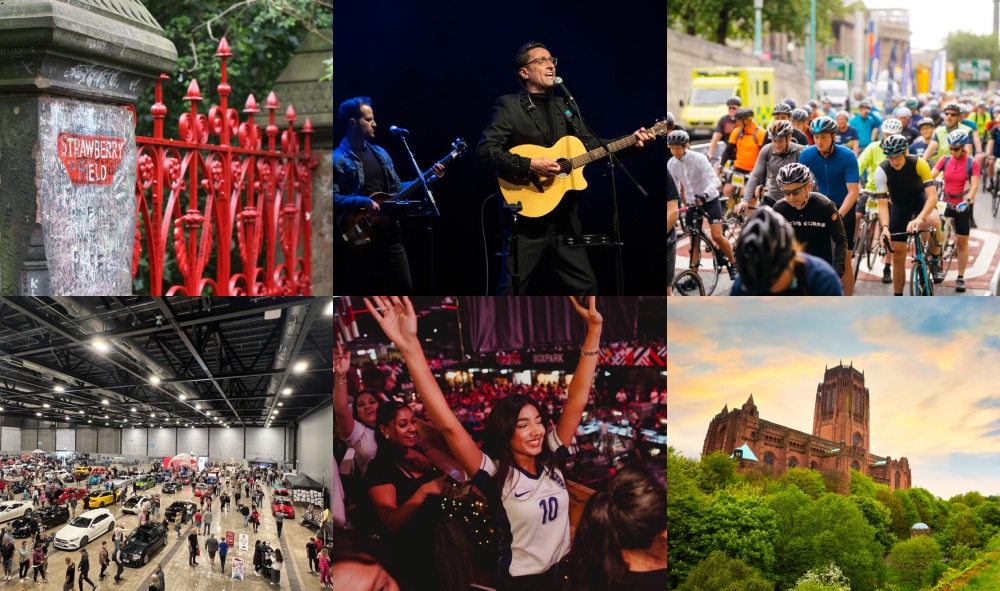
Culture
DaDa celebrates 40 years as it announces plans for a special anniversary festival
9 months ago
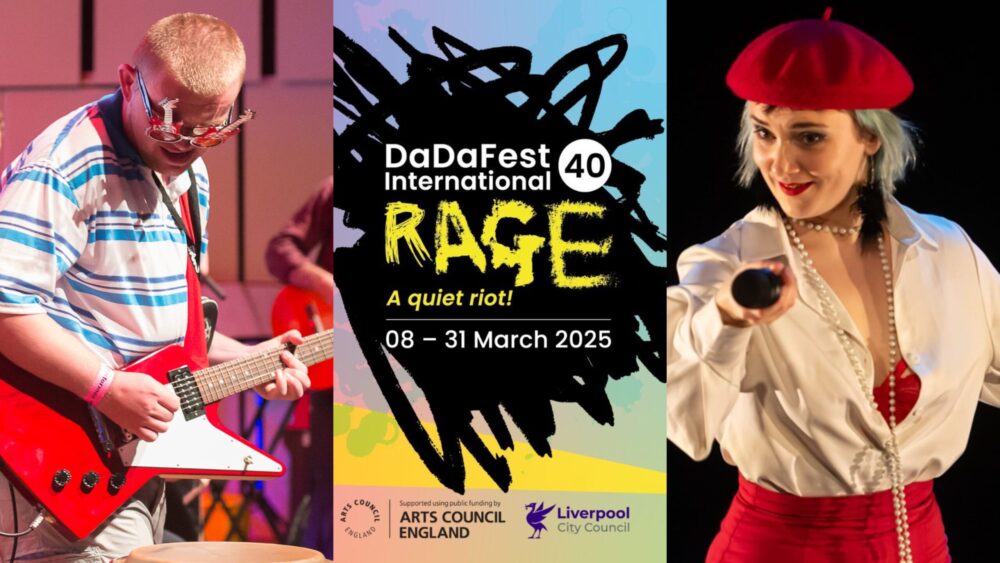
Liverpool-based pioneering disability and Deaf arts-led organisation DaDa is celebrating its 40th anniversary.
The award-winning, cutting-edge multi artform charity was founded in 1984 and since then has become an integral part of the campaign for greater equality and access for disabled artists across the arts and cultural sector.
It develops and presents excellent disability and Deaf arts through an artistic programme that includes high quality festivals and events, fed in to by a year-round programme of engagement work with developing and established artists, young disabled, Deaf and neurodivergent people, their families and the wider community.
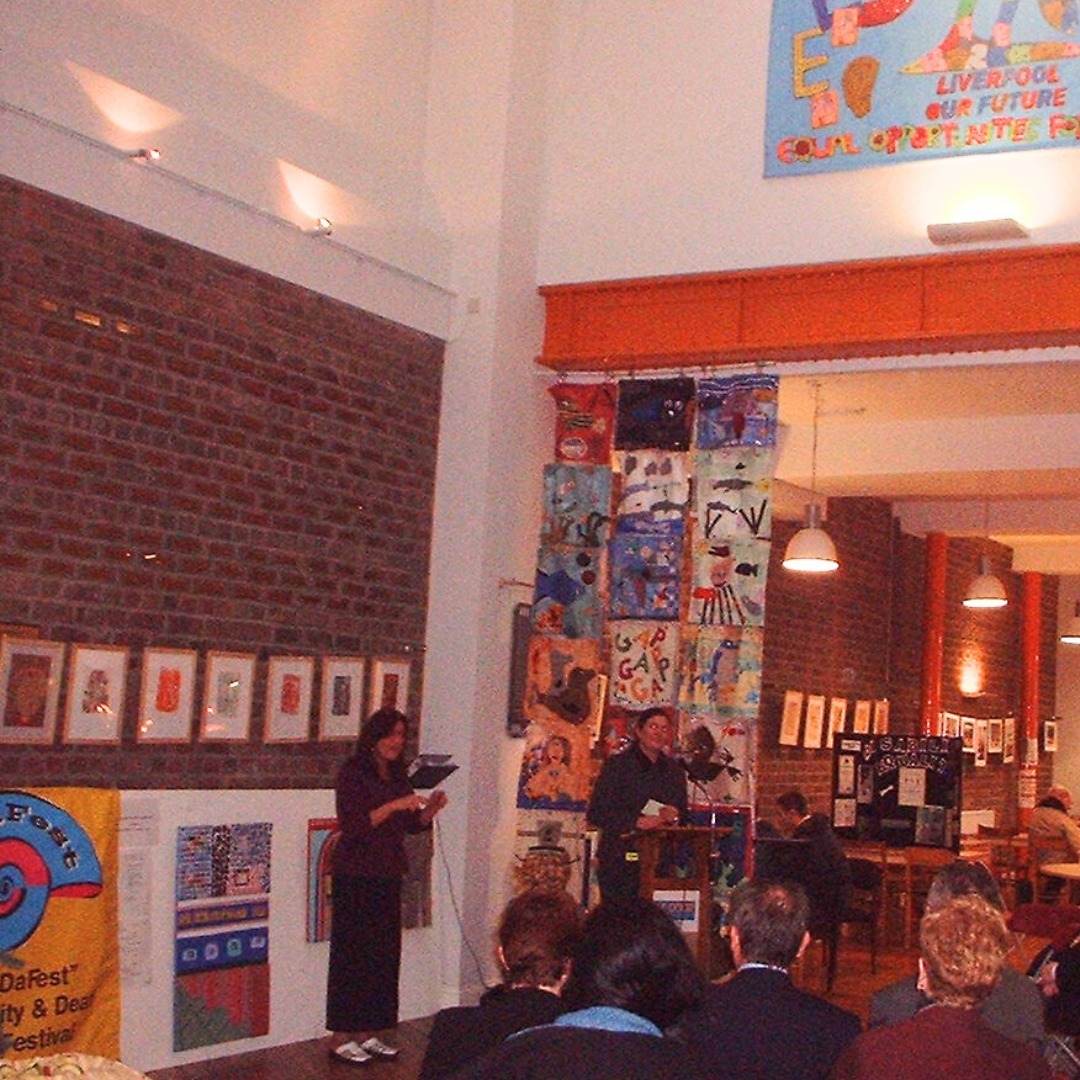
The centrepiece of DaDa’s work is DaDaFest International – launched in 2001 as a platform to showcase the work of disabled, Deaf and neurodivergent artists and which is set to return in March 2025 with the theme for the special anniversary festival revealed today as RAGE.
DaDa was founded in 1984 by artistic director John McGrath and Liverpool disability activist and performer Mandy Colleran as Arts Integrated Merseyside (AIM), then a branch of London-based Shape Arts.
In 1986 it became the independent North West Disability Arts Forum (NWDAF) with a focus on Liverpool, Manchester and the surrounding area, and worked as a cross-artform organisation led by disabled artists and advocating for disability rights, equitable access to the arts and arts training, and developing bespoke support for disabled artists to develop their own practice.
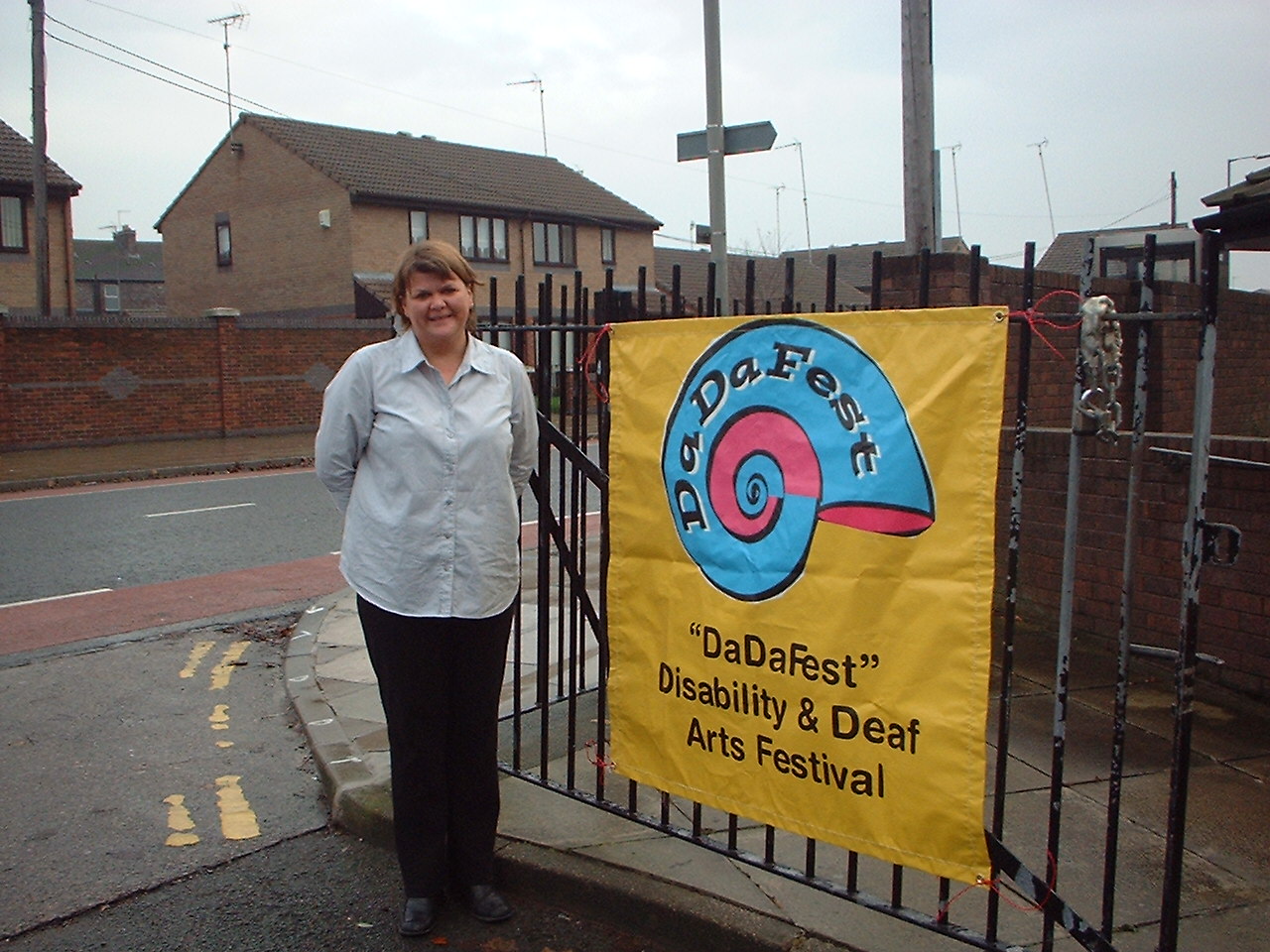
It was renamed DaDa in 2008.
Over DaDa’s 40 years it has made an important impact through advocacy and social change and through partnership and collaboration with a range of organisations and bodies.
That includes supporting Liverpool City Council on policy making around access to services and transport; being consulted during the redevelopment of the Liverpool Everyman to make it one of the most accessible theatres in the country and working with the Unity for more than 20 years to change perceptions of disabled artists and for the theatre to independently programme work by and support disabled artists.
DaDa has also been invited to collaborate and share expertise internationally, most recently on projects in Indonesia and Brazil.
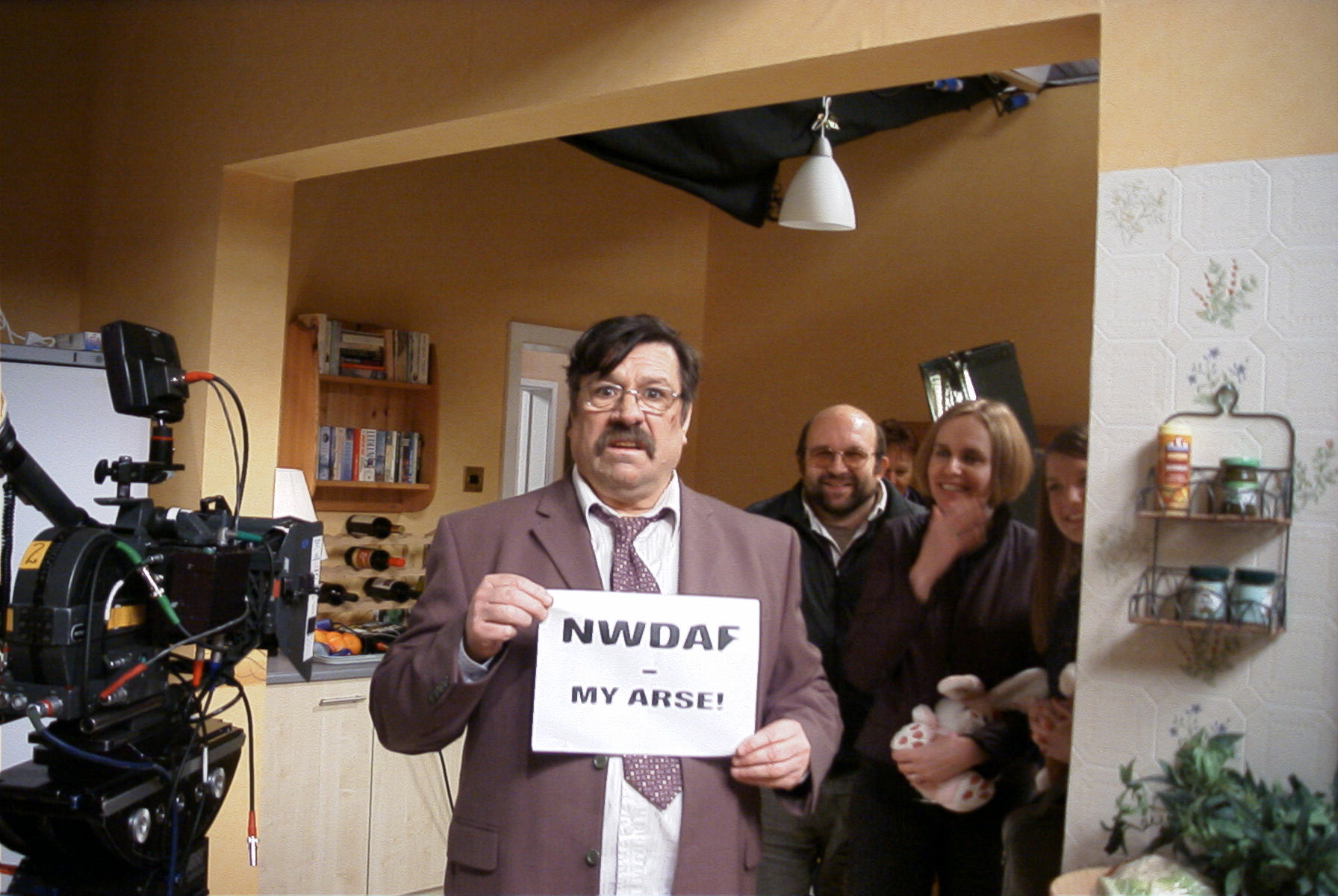
DaDaFest was launched in 2001 to promote disabled artists in ‘mainstream’ venues and present artist work as having equal value in terms of artistic quality and political and social impact. Artists from across the UK were invited to take part and NWDAF worked with Liverpool venues and arts organisations to present a diverse programme of events.
The festival also worked to remove barriers for disabled audience members to attend by offering BSL translation, audio description and support with transport to and from venues.
It quickly grew to become a home for UK disability arts and to attract international artists, soon moving to a biennial format to assist artists to secure funding and develop work.
The festival provides a safe space for peer discussion and shared learning, a national and international platform for new and existing work by disabled artists, and networking opportunities.
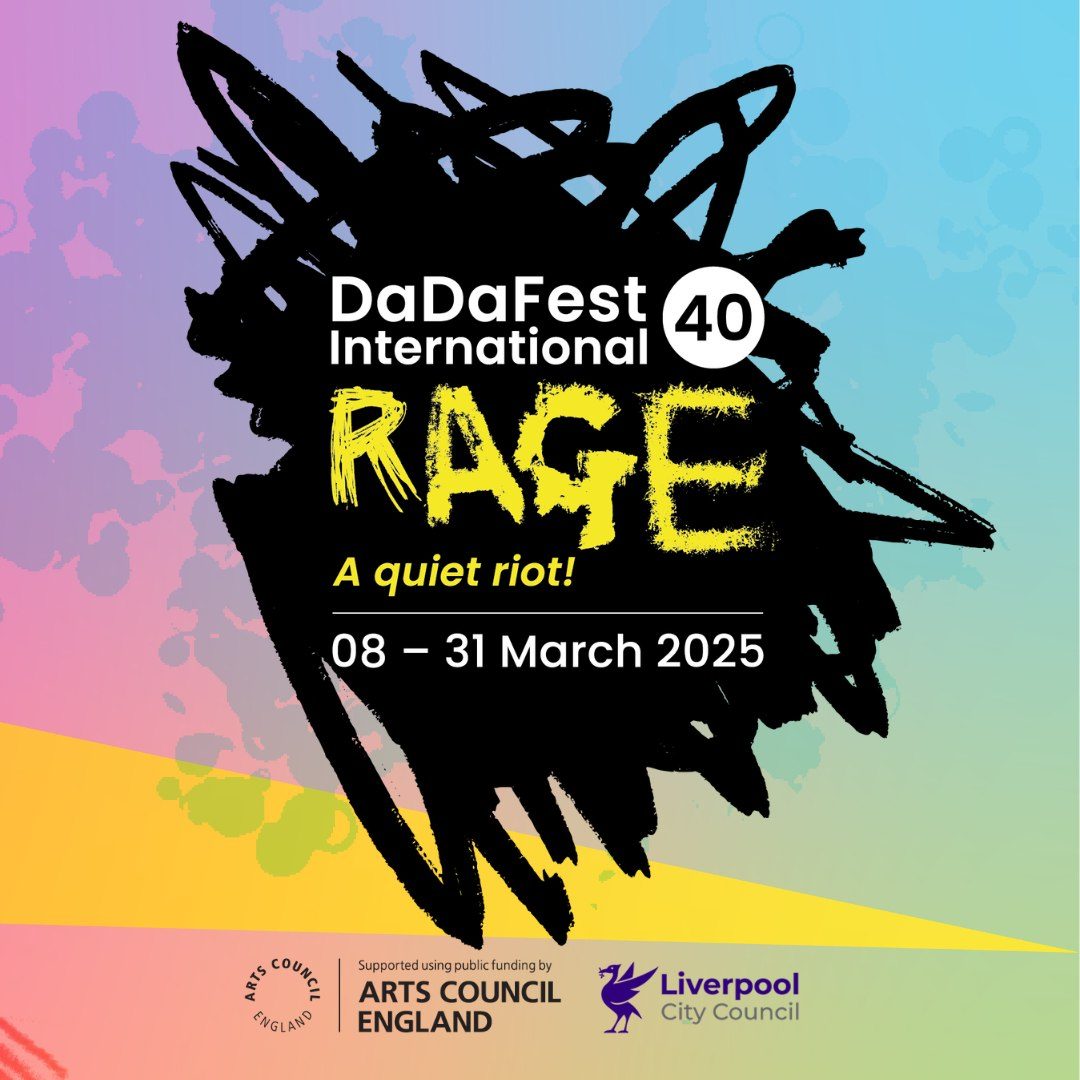
A total of 13 DaDaFests have now been held, featuring more than 500 events showcasing the work of disabled, Deaf and neurodivergent artists.
Previous festival participants have included Dame Evelyn Glennie, actor and comedian Liz Carr, comedian Francesca Martinez, performerClaire Cunningham, poet Amina Atiq, sculptor, fantasy novelist and performance artist Brian Catling, visual artists Tony Heaton and Rachel Gadsden, and artist-activists Bobby Baker and Liz Crow. Artists have also come from Indonesia, India, Mali, Congo and South Africa as well as from across the UK.
DaDaFest International 40 will run from 8-31 March 2025, with an official launch event revealing the programme set to take place at the Unity Theatre on 29 November.
The festival theme RAGE was chosen after consulting with disabled artists who reflected their frustrations at the continued uphill battle for equity and inclusion – with disabled people still being excluded from conversations and decision making, and disadvantaged when it comes to work, transport and the cost of living.
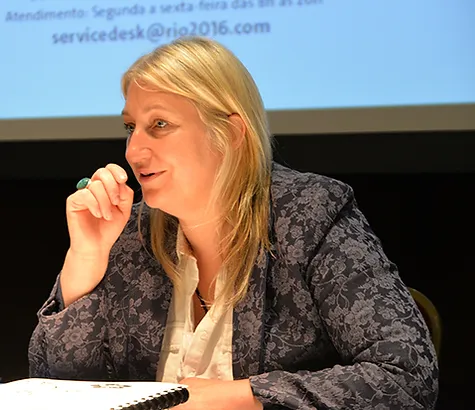
DaDa interim chief executive Zoe Partington says:
“This is a very important year for DaDa as we mark our 40th anniversary – 40 years of artistic excellence, activism, advocacy, creativity, collaboration, conversation and celebration.
“Our vision is ‘equity and excellence in the cultural landscape to break down the barriers that exist for disabled art communities’ and I’m very proud of the high level of artwork which has been created and presented over those four decades under the DaDa umbrella as well as in partnership with organisations and venues within Liverpool and beyond. It’s not been easy and disabled leaders have had to fight for equity at DaDa.
“I’m also delighted we can reveal the theme of next year’s DaDaFest International is RAGE. After consulting with artists, the feedback we received clearly shows that though some progress has been made, too many decisions are still taken without involving disabled people. This has left disabled artists and disabled communities raging that the gaps in society are still so wide, and we are still so far from equity and representation at all levels in art, culture and heritage. Often neglected, ignored and discriminated against at the highest levels in the arts sector, community and government at cultural level.
“We want our festival to continue to provide an equal, radical and open space for artists to flourish, share work and debate the solutions to the issues we face together through artistic excellence, expression and engagement, to offer valuable networking opportunities for disabled artists across the arts sector in Liverpool and beyond and, importantly, to provide a high-profile UK platform exclusively for new and existing work by disabled artists and activists to ensure no stone is unturned and we are at the centre of the decision making powers and production We still live in an age where we cannot drop our guard and have to campaign for real change .”


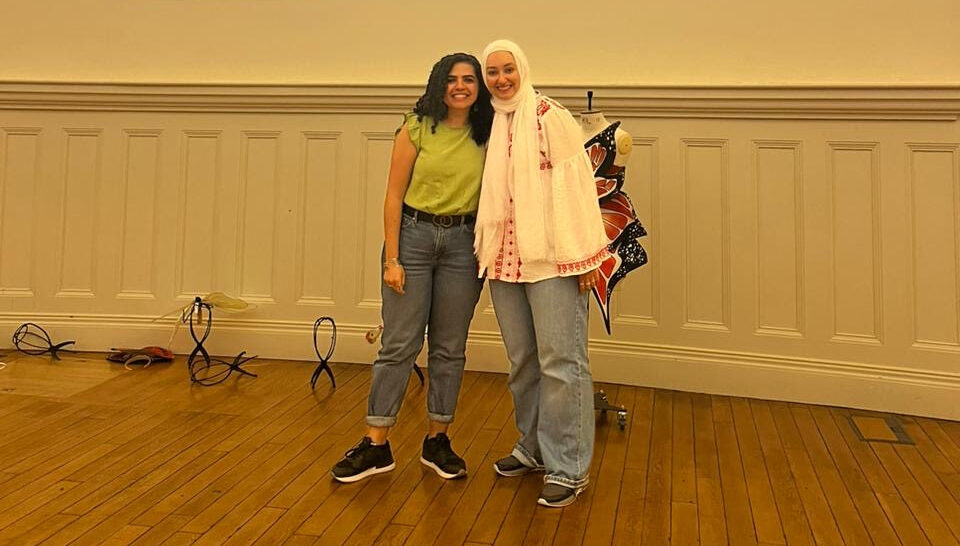
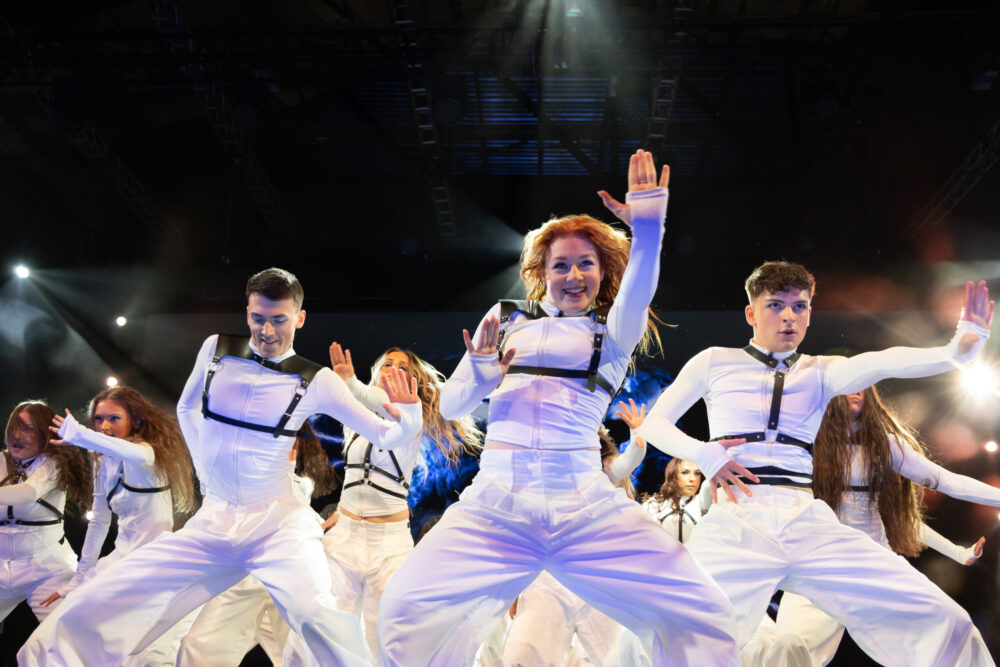
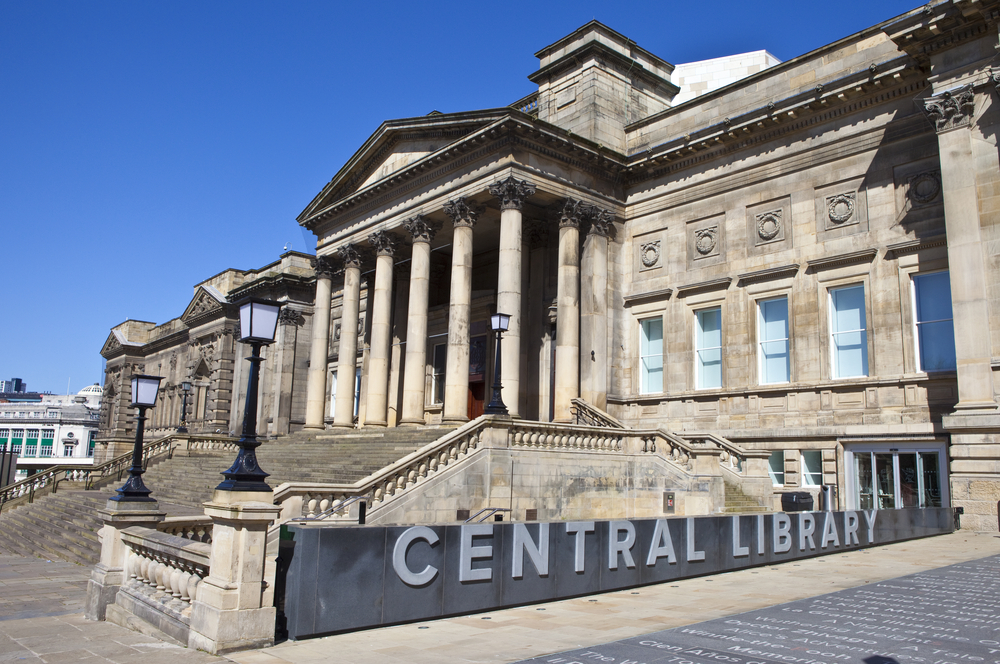
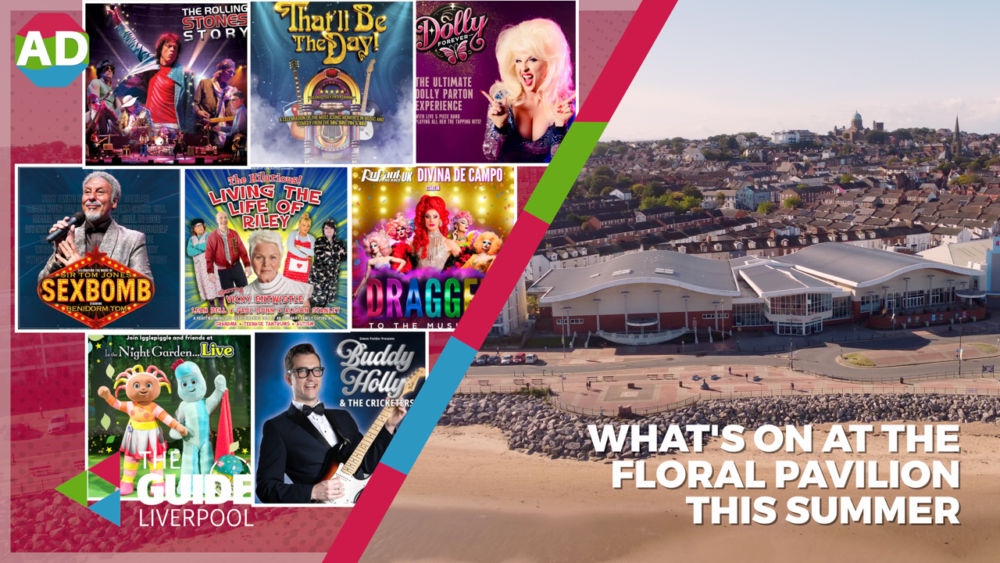
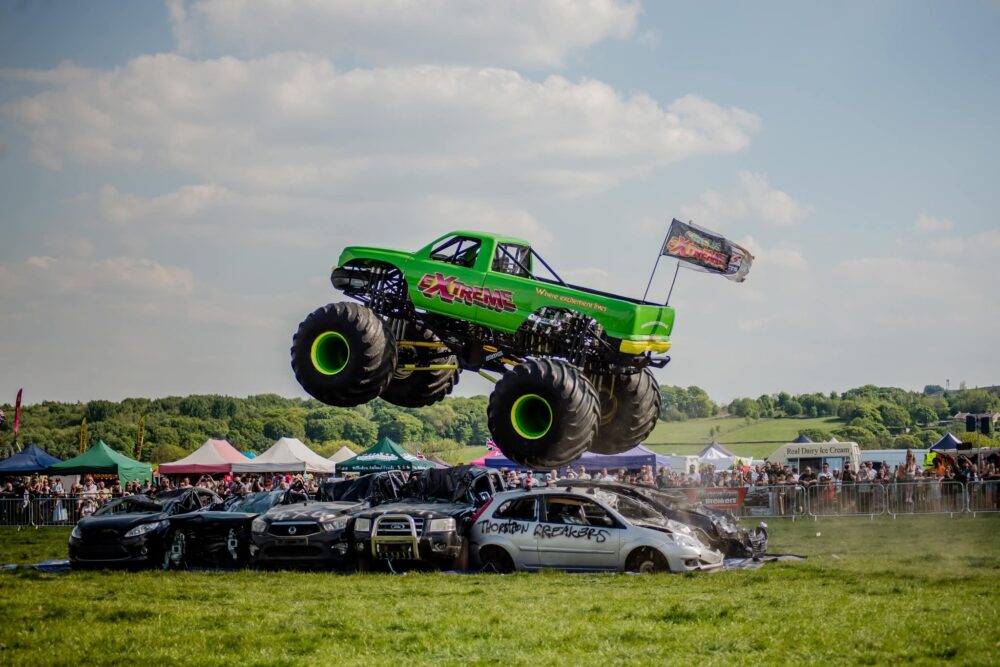
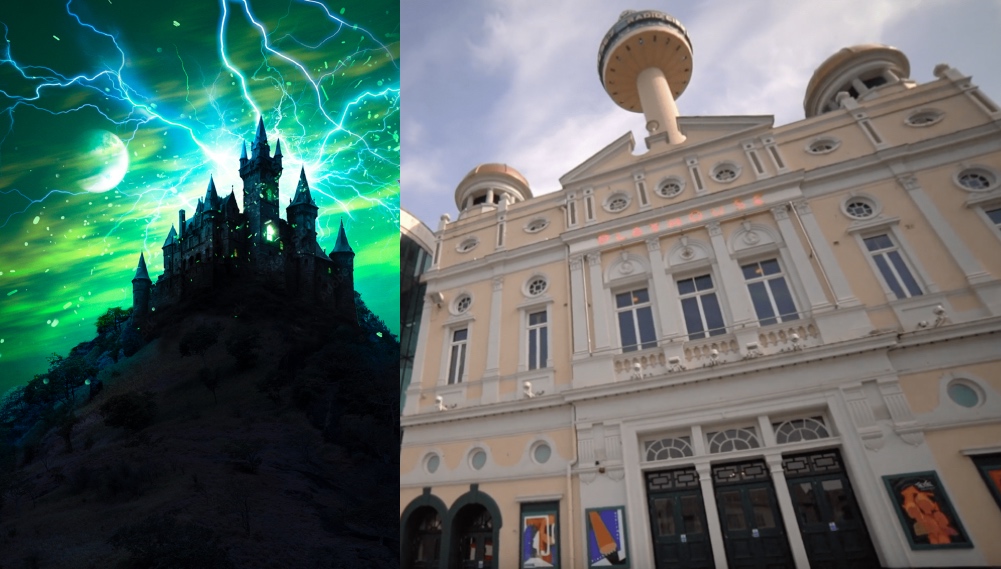
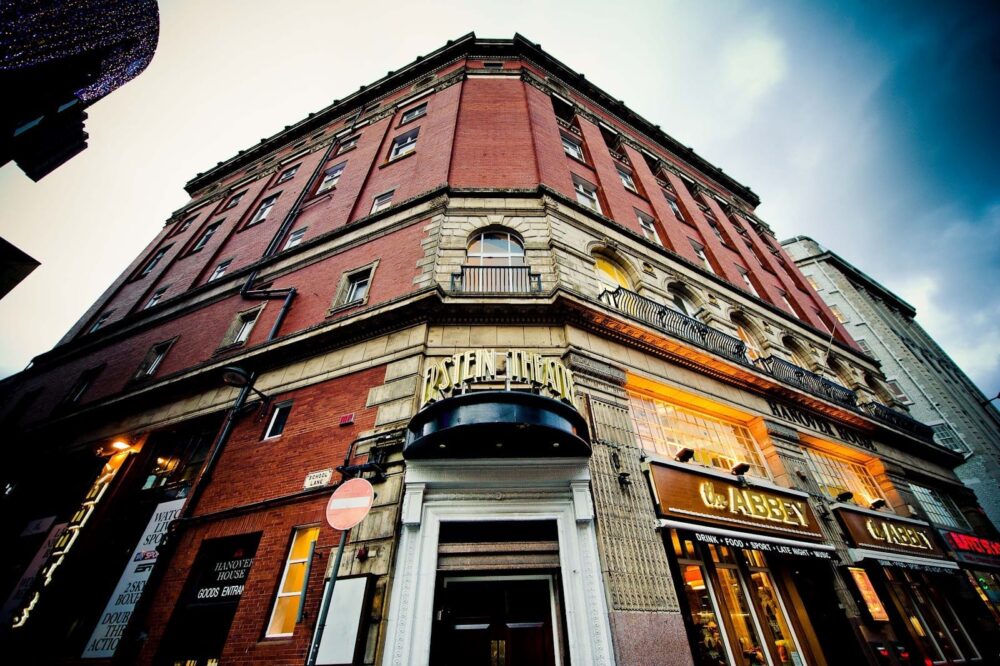
 Subscribe
Subscribe Follow Us
Follow Us Follow Us
Follow Us Follow Us
Follow Us Follow Us
Follow Us Follow Us
Follow Us











